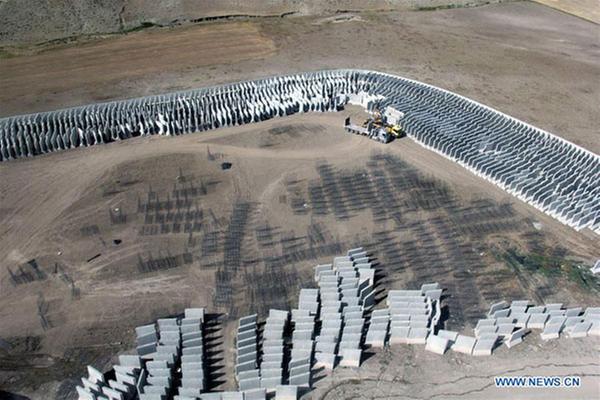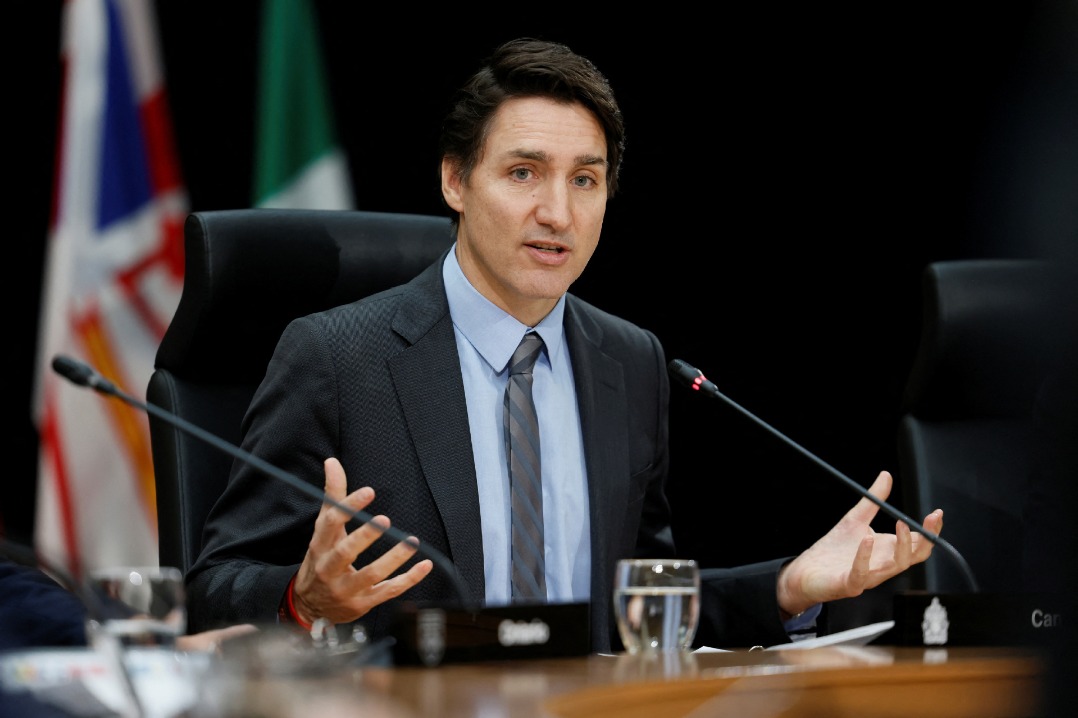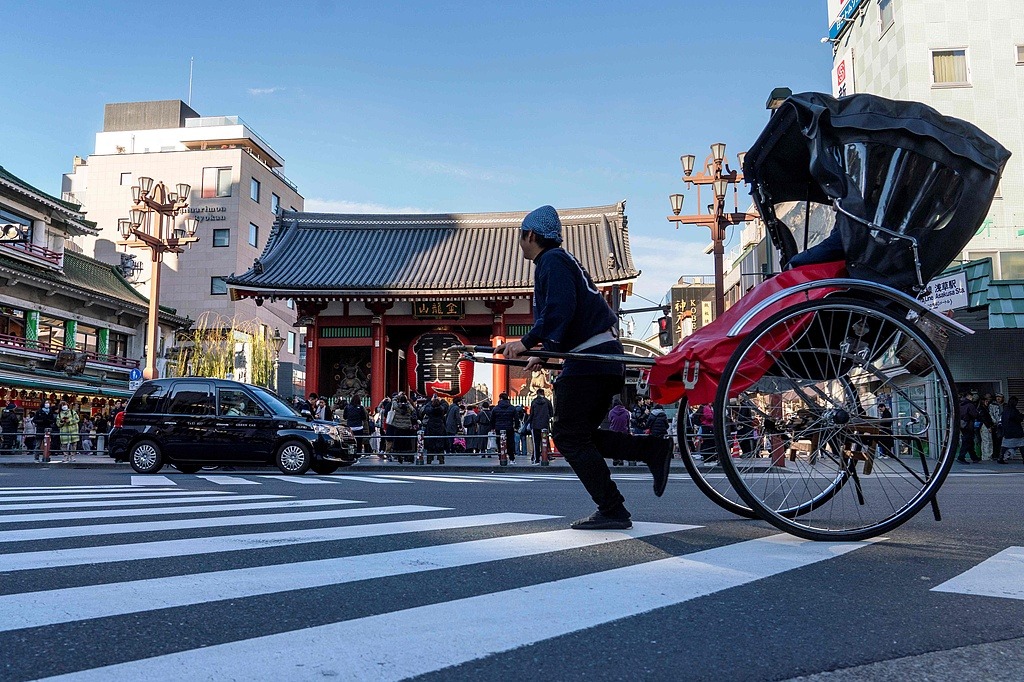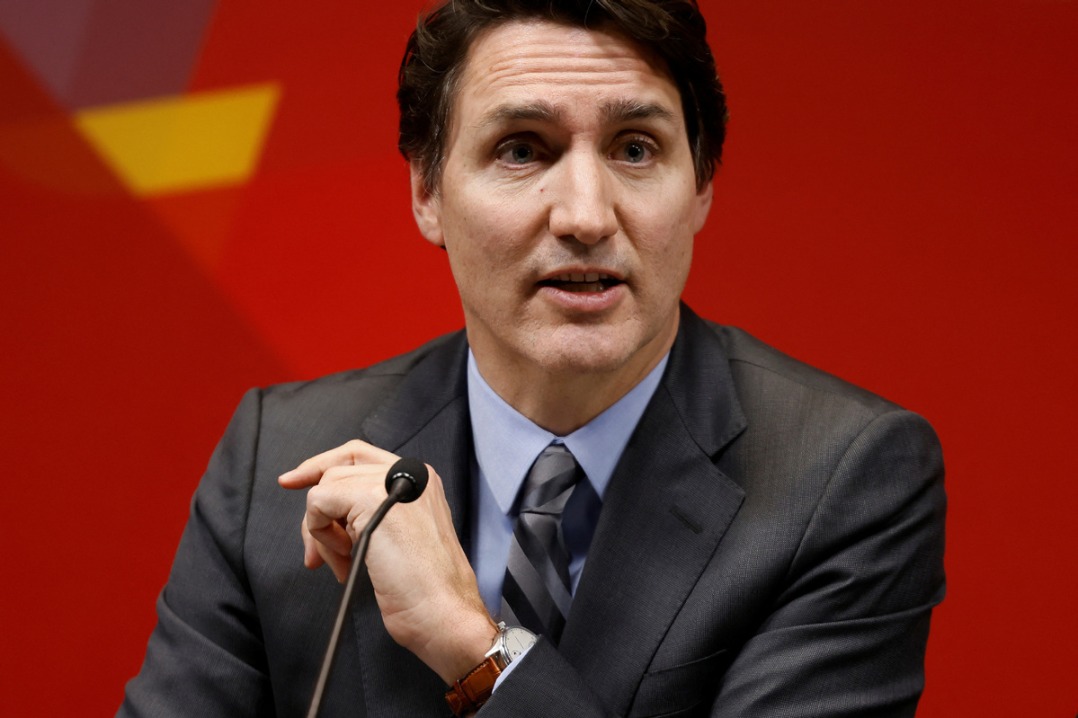After Syria, Turkey is building 2nd 'security' wall along border with Iran

 |
| Photo taken on Aug 8, 2017 shows the construction site of a security wall on Turkey's border with Iran in Agri province, Turkey. Turkish government has launched the construction of a security wall on its border with Iran, Hurriyet Daily News reported Wednesday. [Photo/Xinhua] |
The information, published this week by the Turkish news agency Dogan quoting local officials, doesn't come much of a surprise, as the country's government took in fact the decision several months earlier as part of moves to bolster national security in the perspective of an Integrated Border Security System.
There are also plans to bolt the third wall along its frontier with Iraq, another problematic neighbor in the south, but planning works are still ongoing on this project, Xinhua learned from government sources.
Turkish President Recep Tayyip Erdogan announced last January that his country plans to build a wall also with Iraq, without giving a firm date. The work is expected to begin in October or November 2017 in the southeastern province of Hakkari.
The 2-meter-wide, 3-meter-high barrier on the Iranian border is being built out of portable reinforced concrete blocks and is aimed at boosting Turkey's security by keeping out smugglers and stopping infiltration by Kurdish militants.
The 144-km-long wall will cover part of the 450-km-long border between the two countries. Some portions of the border are mined, which will render building efforts difficult and costly.
Turkey claims that the Kurdistan Workers' Party (PKK), the outlawed Kurdish movement, involved in an ongoing conflict with the government since 1984, has bases and camps in the Iranian side of the border.
The Turkish-Iranian border is also an important route of drug smuggling towards the European continent. Each year, custom officers intercept hundreds of kilograms of cannabis and heroin produced in Afghanistan and Pakistan.
In June, Ankara announced that it was finishing building a 700-km-long wall, costing $400 million, running along most of its 900 km border with Syria, with an "integrated security" system comprising of sophisticated lighting, sensors and security cameras.
According to media reports, the Syrian wall, which is 90 percent complete, has been useful and a deterrent for illegal traffic of goods and arms as well as militants movements, but specialists agree that no barrier can be 100 percent effective against determined armed elements.
"The security paradigm has drastically changed for Turkey with the eruption of the civil war in Syria and it is only natural that she takes appropriate action against it. Radical changes need radical measures," commented for Xinhua Selim Koru, an analyst at the Economic Policy Research Foundation of Turkey.
"Turkey's border with Syria was always seen as very porous by the international community" for terrorist infiltrations, he pointed out, saying that "non-state actors took benefit of this situation to maneuver" in this volatile region.
The wall erected at the Syrian border makes it the third longest wall in the world, the first being the Great Wall of China. 120 observation towers have been constructed in critical locations and are equipped with land infiltration radars, night vision radars and advanced weapons.
Daily Hurriyet reported that the first stage of the Iranian wall is expected to be completed until October and that security agents will also patrol the border wall which will feature 15 big doors with bulletproof glass.
Contrary to the heatedly debated proposed wall between Mexico and the United States, which has caused an uproar against President Donald Trump, the Turkish-Iranian wall has been met with little disapproval on the other side, at least on the official level. In May, Iranian Foreign Ministry spokesman Bahram Qassemi said that his country welcomed any steps towards increasing border security.
"We welcome all kinds of actions that will increase security and stability at the border. We are in favor of deeper bilateral dialogue to increase coordination in this regard," the Milliyet newspaper quoted Qassemi as saying. "Border security is important for both Iran and Turkey, and the necessary efforts should be made by both countries."
In Ankara, a Turkish diplomatic source told Xinhua that "as a sovereign country, Turkey has the right to take all necessary steps to ensure its national security. As it is the case for the one on the Syrian side, this barrier will protect not only Turkey but also Iran as well since they have similar concerns."
"The Iranian side has been informed about the developments and we did not hear any negative comments from them. In the future, problems that were affecting our both countries such as drug and arms trafficking and illegal entries from terrorists will be prevented," said the source on condition of anonymity.
Last June, the Kurdistan Free Life Party, an offshoot of PKK in northwestern Iran, attacked Iranian border guards, killing two. It is the last of a series of incidents linked to Kurdistan militants in this region, which prompted reaction from Iranian forces.
Turkish Armed Forces are waging a comprehensive and intense security operation against the PKK, which was listed as a terrorist group by the United States and the European Union. The conflict escalated in July 2015 after the collapse of a two-and-a-half-year cease-fire. The ongoing cycle of violence has claimed about 3,000 lives, most of them rebels and affiliates, largely concentrated in mainly Kurdish southeastern region, according to independent sources.
However, violence is unlikely to end in the near future in the absence of a political solution, predict analysts.
Kurdish aspirations of independence are on the rise in Syria, a country hit by the civil war since 2011. Turkey considers also as terrorist organization Syrian offshoots of PKK in Syria, the Democratic union party (PYD) and its armed wing, the People's protection forces (YPG). Ankara is at odds with its NATO ally, the United States, for arming the YGP, which it considers a partner in the war against the Islamic state (IS).
Not only Iran and Turkey, but also Iraq as well, the three neighboring countries that have Kurdish minority, fiercely oppose all independence moves.
Relations between Turkey and Iran have soured since the onset of the Arab Spring in 2011 and the Syrian civil war, when Tehran supported President Bashar Assad while Ankara called for him to resign.
Turkey is also concerned about Iranian-backed Shiite militias in Iraq involved in the fight against IS, while Iran is equally anxious about Turkish military activity there. But in more recent months the two powers have found themselves standing on the same side in the Gulf diplomatic crisis, denouncing the sanctions against Qatar.
"Turkey and Iran are two key actors of the region. We as Turkey are convinced that reinforced bilateral ties will make this zone safer, so this wall should be seen as a medium of cooperation against security threats but not a wall of division," said the Turkish diplomatic source.































